"It would be naive to think that it is clean": Marcel Kittel gives a thorough review of current cycling and points out the biggest change the sport has experienced
Modern cycling is faster, more scientific, and we could say healthier than it was in the 90s and 2000s. But for Marcel Kittel, one of the great references of modern sprinting, thinking that the doping problem is a thing of the past is a dangerous mistake. In a recent conversation on the podcast Domestique Hotseat, the German reviewed the toxic legacy of that era, pointed out what has been the biggest change the sport has experienced, weighed in on the debate about body weight, and left a very clear message for young people dreaming of reaching the WorldTour.
“No, cycling is not clean. It would be ignoring reality”
The former cyclist Marcel Kittel, retired at 31 in 2019, has always been characterized by his maturity. This German grew up and turned professional in the midst of the hangover from systematic doping. He himself recalls how, while still young, he encountered fans who insulted or even spat at cyclists in German races. The innocent paid for the guilty: “I was a kid and thought: what does this have to do with me?”, he remembers.
Years later, with some perspective, he does not sugarcoat the diagnosis. For him, what happened in the 90s and 2000s was not an isolated stain, but something much deeper that cycling will carry forever. That, he says, had a devastating effect especially in countries like Germany, where social rejection was very harsh and the credibility of the sport was left in tatters.
At the same time, Kittel insists that that crisis was necessary because it forced the peloton and the structures to look in the mirror and recognize the problem. But here comes his most uncomfortable warning: he does not believe that modern cycling is completely clean. And he states it bluntly: thinking otherwise would be “looking the other way.”
RECOMENDADO
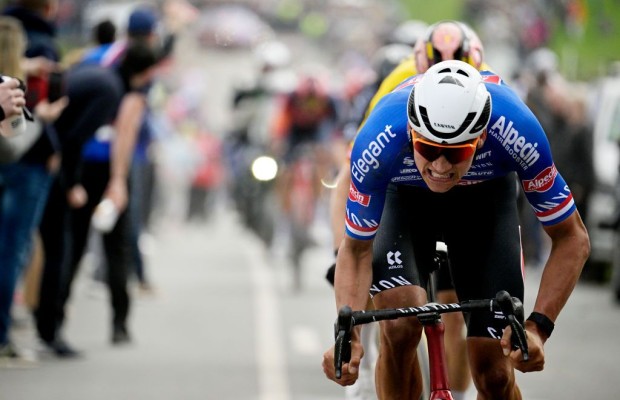
What happens if you exceed your maximum heart rate? Risks of pushing yourself to the limit
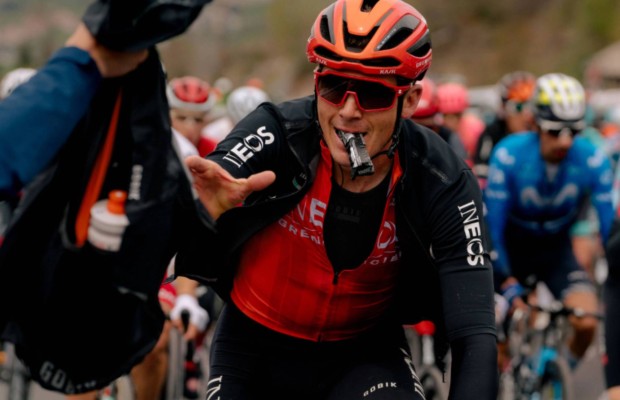
What are nitrates and why will they give you an extra boost in your performance on the bike?
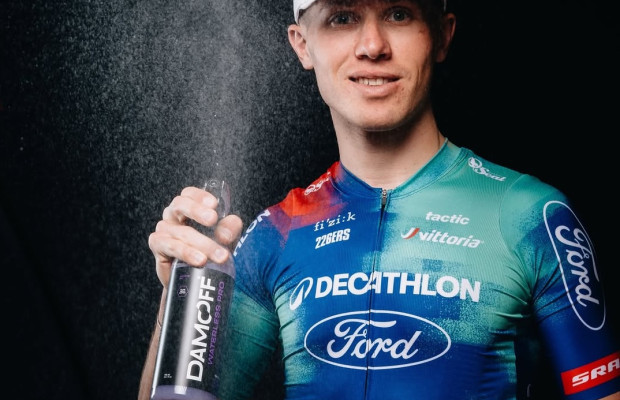
How to wash your bike at a gas station without ruining it
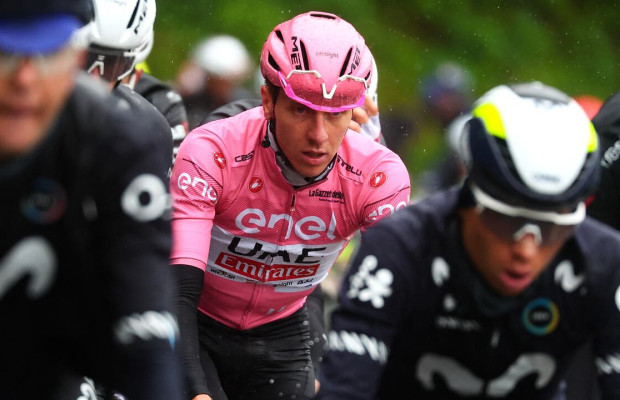
Tips for staying motivated to go out riding when cold, rain or night lurk

How to choose the right crankset and cassette: a guide to find the right ratio and extend the life of your bike
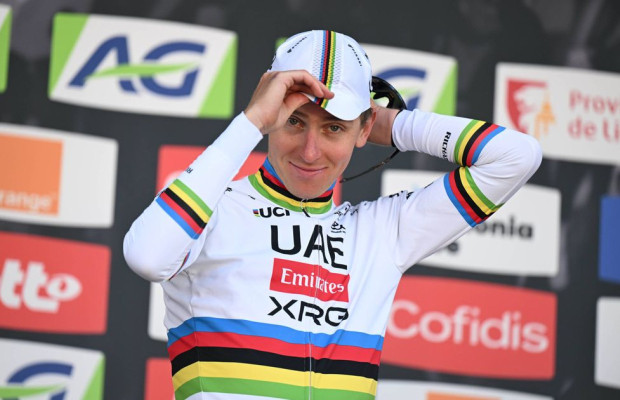
Complete 2026 UCI WorldTour calendar and key dates: the show begins
For the German, the realistic goal is not to build the fiction of an immaculate sport, but to prevent organized doping structures like those from 30 years ago from returning. There will always be someone trying to exploit cracks in the system, especially in a context of increasing budgets and salaries that can turn cheating into a supposed quick route to a “better life.” The challenge, he emphasizes, is that those cases remain exceptions and do not become the norm again.
Kittel does not believe that fans need to become full-time investigators, but he defends their right to doubt. If a fan or a journalist feels that something does not add up, he states, it is legitimate for them to express it and for that to serve as a signal for those who must control the system to review and verify.
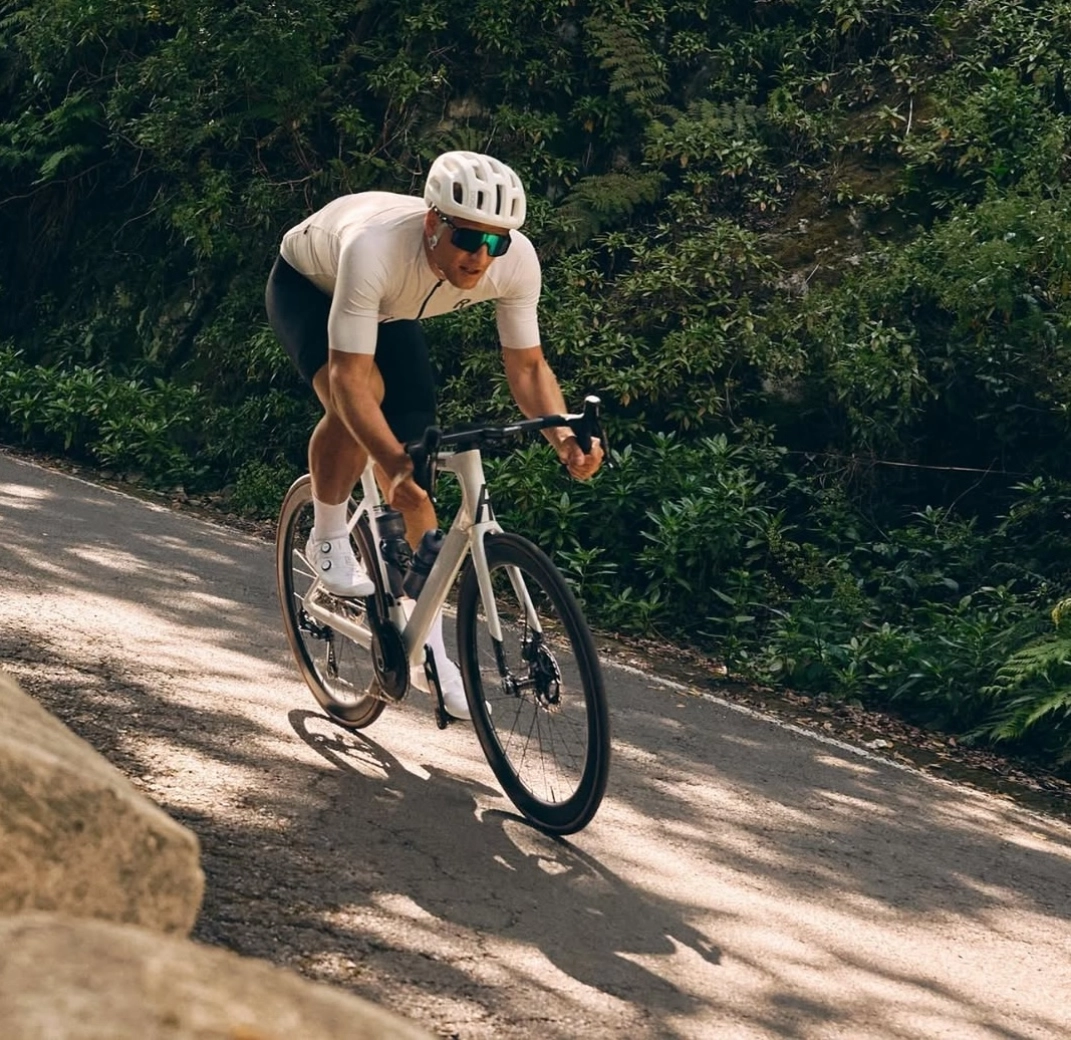
What he asks for is balance: neither naivety nor turning every performance into a summary judgment. He recalls that today there are objective factors that explain part of the performances that seem “inhuman,” such as better planning, more precise periodization, applied science, more efficient material, and, above all, a silent revolution in nutrition.
When Kittel compares “his” cycling with the current one, he is clear about what has been the biggest change: the way of eating. And he does not use himself as an example. In the talk, he admits, without makeup, that he was “an idiot” for not taking the opportunity to work seriously with nutritionists when he was at his peak.
He recounts that, in his time, the idea of weighing food and filling out protocols seemed to him a loss of freedom, almost an intrusion into his life. Today he sees cyclists who manage specific apps, team chefs who fine-tune each dish to the gram, and riders who trust those plans blindly because they relieve them of worries. Where he saw a limitation, the new generation sees a high-performance tool.
Kittel also remembers how, just a decade ago, recommendations for amateurs still circulated that today sound almost naive, such as taking very few grams of carbohydrates per hour on long rides, when now it is known that intake can and should be much higher in competition. In his opinion, just with the improvement in carbohydrate intake, the performance of the peloton has made a huge leap in just over 10-15 years.
As a counterpoint, he warns of an obvious risk: what is reasonable within a WorldTour structure, accompanied by doctors and nutritionists, can be extremely dangerous if copied by an amateur or a U23 without professional support. The obsession with “doing the same as the pros” can end in eating disorders or serious deficiencies if the control is replicated without having the context.
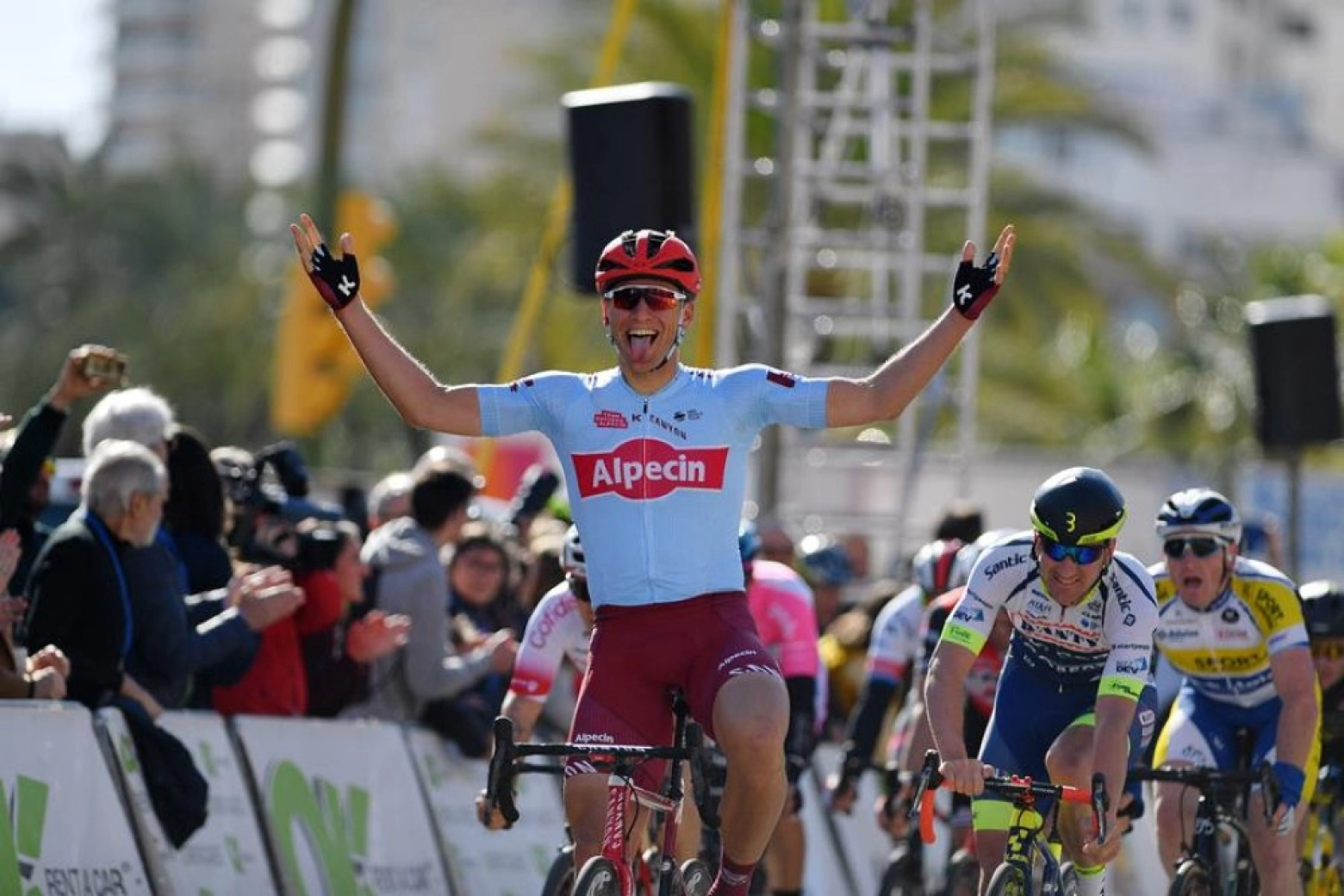
In the conversation, Kittel also enters a delicate area such as body weight and the physical image of cyclists. He recalls that, looking at photos of himself from the end of his career, he sees himself as “too thin,” and that he was never a pure climber. In the case of the current great climbers, he acknowledges that the appearance can seem almost extreme even to someone from the peloton.
The German points out a clear double standard between how the bodies of men and women are perceived in cycling. When it is a male climber who appears with extreme thinness, the reaction is usually more tolerant or even assumed as “normal” for the role. In contrast, when it is a female rider who appears very thin in a grand tour, the debate about whether she “is too thin” immediately escalates.
Kittel does not deny that there is a fundamental problem with ideals of beauty and thinness in society in general. But he clearly separates the planes. An elite female cyclist who adjusts her weight with medical supervision and a specific sports goal is not an aesthetic standard that a non-competing woman should aspire to. She is a professional doing her job, just like a male climber.
Even so, he insists that the risk exists for both sexes. When extreme thinness is normalized in high performance and becomes an aspirational image, amateurs who try to imitate it without controls are entering very dangerous territory.
Kittel's message to young people: know yourself, surround yourself well, and do not sacrifice everything
After being the junior world champion in time trial, one of the best sprinters of his generation, and retiring relatively young, Kittel also left several messages for those who dream of following in his footsteps.
First, know yourself and do not live comparing yourself to others. In an era dominated by social media where only “2%” of the reality of other cyclists is seen, he warns against the mistake of trying to copy training, diets, or race decisions that may have nothing to do with one’s own profile.
He also defends the importance of respecting formative stages. He values the U23 years and warns against the temptation to jump too quickly to the WorldTour just because there is an offer. For him, the classic development of accumulating kilometers, learning to suffer, and maturing physically and mentally is still valid for most, no matter how many exceptions successfully jump from junior to elite.
He also calls for something that is sometimes forgotten: to continue being a balanced person. Not to sacrifice every minute of youth in the name of a dream that, by definition, only a few will achieve. Enjoy life, maintain interests beyond cycling, and not define one’s entire identity based on being or not being a professional cyclist.
And, finally, remember that luck also plays a role. Being in the right place when a scout sees you, landing in a team that truly bets on development and not just on squeezing quick results…
There are factors that cannot be controlled. That is why Kittel insists on the importance of surrounding oneself with good people, speaking openly about doubts, and having a plan, but without losing sight of the fact that sporting success is not everything.